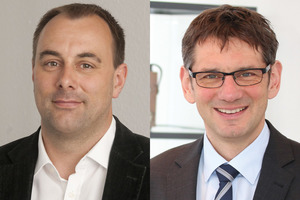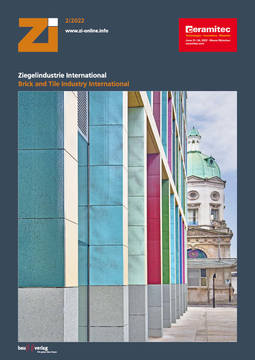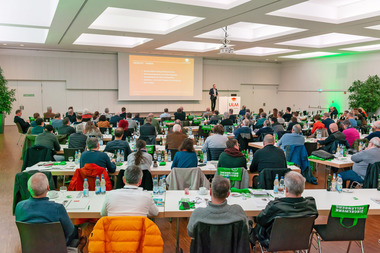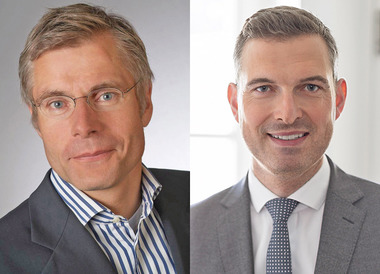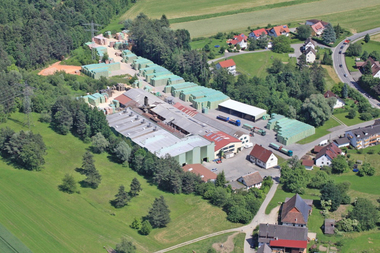650 take part in the Online Masonry Days 2022
With high-calibre and impressive speakers, the digital Masonry Days have left an impact on the around 650 participants. The event held in cooperation between the brick plant Ziegelwerk Bellenberg and Hörl+Hartmann has ensured a valuable transfer of knowledge for the second time during the pandemic, as the companies informed us.
Following a turbulent start in the building season 2022, with the sudden stop to the KfW subsidies, one focus at the South German Masonry Days – an event jointly organized by the brick manufacturer Ziegelwerk Bellenberg and Hörl+Hartmann – were the consequences for practical realization of efficient buildings in future. Dipl.-Ing. Architect Stefan Horschler, owner of the Büro für Bauphysik (Building Physics Consultancy) in Hanover, provided an insight into public and civil law requirements with regard to energy standards for buildings to be constructed. With reference to specific examples, he presented energetically expedient measures for the switch from the EH 55 to the EH 40 standard. He concluded that this is economically viable for both detached homes and apartment blocks. In future the development of thermal bridge, tightness and ventilation concepts will play a key role with reference to DIN 4108 supplement 2 and DIN 4108-7.
Ulrich Eix, a lawyer specializing in construction and architectural law at the renowned law firm Lutz | Abel (Munich, Stuttgart), spoke on the contractual situation in connection with the subsidies stop and looked at consequences of recent verdicts in construction law for the awarding of contracts, billing, planning and contractual arrangements.
Realization of efficient buildings
Prof. Dr.-Ing. Christoph Butenweg, lecturer at FH Aachen University of Applied Sciences and Managing Partner at SDA-engineering GmbH (Herzogenaurach), addressed the seismic design of masonry structures in brick masonry in compliance with DIN EN 1998-1/NA-2021 and its relevance for the German earthquake regions. With reference to numerous practical examples, he illustrated calculations and verifications as well as design rules necessary in connection with the new digital earthquake hazard maps.
Prof. Dr.-Ing. Andreas Holm, lecturer at the Munich University of Applied Sciences and Institute Director of the Forschungsinstitut für Wärmeschutz e. V. ((Thermal Insulation Research Institute) in Munich, presented comparisons and assessments of ecological and economic approaches in construction. He provided interesting insights into future requirements for sustainable buildings and the increased significance of the lifecycle assessment.
In other talks, Thomas Maucher, construction and project consultant at Ziegelwerk Bellenberg and Claus Dillinger, construction and project consultant at Hörl+Hartmann, Buildings Energy Act-compliant detailed designs in monolithic brick construction from base to roof.
In the round of talks moderated by Jochen Lang, Managing Direction of the Akademie der Ingenieure AkadIng GmbH (Ostfildern), to conclude the event, specific questions tables by the participants concerning construction, standards and legal aspects were discussed and answered.

